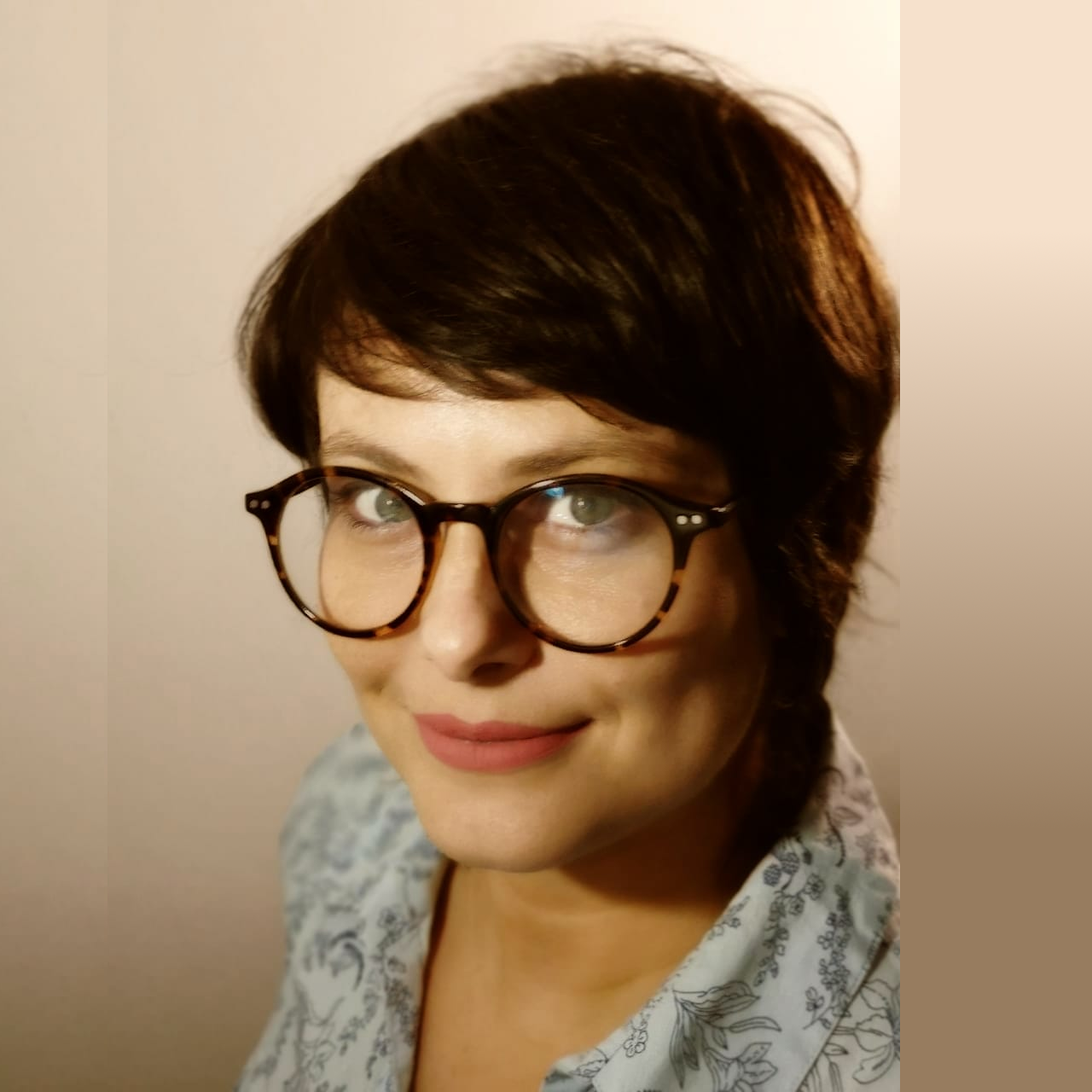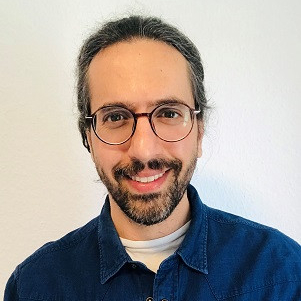“I really enjoy learning about new technologies and companies in the pipeline, and believe that my technical expertise can help investors, whether public or private, identify the best investment targets for their funds to help us as a society develop a robust sustainable economy,” says Dr. Michael Schultz, Principal at PTI Global Solutions.
Contact Dr. Michael Schultz with your interest in Circular Value Creation and Scale-up of Sustainable Technologies.
Sebastian Klemm: Through your presentation in our previous networking meeting, both Conserve India as well as lebanese Carpe Verum have discovered overlaps with your expertise and began a collaboration with you.
Within the context of a wider international consortium “Plastiskul”, Carpe Verum and Conserve India plan to implement a plastics upcycling “Micro-Factory” that ought to be owned and operated through a community enterprise model consisting of women and youth belonging to the waste worker community.
How exactly have you been able to support their innovation for an inclusive approach to plastics circularity?

Michael Schultz: I have a long professional interest with bringing multiple parties together to achieve common goals, in particular with implementation of sustainable technology.
Using my experience with deploying first of its kind technology I have been able to support Carpe Verum and Conserve India as we are starting to develop the implentation plan for the plastic upcycling microfactory approach that is facilitated by Plastiskul.
I find this approach very interesting, because it brings together my chemical engineering expertise to bear to support the vision of Carpe Verum for a decentralized economy to empower local communites in Lebanon.
Sebastian Klemm: Through the same Proofing Future networking meeting you could also establish a collaboration with Karine Steinvorth Rojas, who with Recirculado applies a systemic approach rooted in the local community to implement a circular waste management in Costa Rica.
How have you been able to support Recirculado to determine how the organic waste can be transformed and marketed?
Michael Schultz: Recirculado has a similar vision to address local waste issues in Costa Rica and empower the local communities.
We are working together to develop a biogas project to create value from food waste. I have started by helping Recirculado assess the project opportunity with an assessment of the biogas that could be produced by an initial project based on 30 ton/day of food waste. I have also developed a preliminary economic assessment of this project, including an estimate of the capital cost, product value and operating cost.
Sebastian Klemm: You help companies with process development services, validating key technical concepts, optimizing the right parameters and derisking the technology.
With Recirculado’s venture, what opportunities do you see for investors?
Michael Schultz: I see a real opportunity to invest in the local communities in Costa Rica. Biogas projects are very mature, so the technology risk is minimal. This is a great opportunity to bring project investment to projects that can deliver an economic return, reduce waste, and bring jobs to the local economy.

Sebastian Klemm: What opportunities can Recirculado offer through its envisaged processing of organic waste to outcome buyers in voluntary carbon markets, public and philanthropic buyers, impact investors and buyers in financial and capital markets seeking Environment, Social and Governance (ESG) returns?

Michael Schultz: Recirculado offers the opportunity for outcome buyers to invest in a project that can hit all three components of ESG. These projects can bring value to these investors, while reducing the amount of food waste that is sent to landfills, create local jobs, and provide low carbon energy to the local economy.
I have long believed that it is possible to both reduce carbon and deliver economic value, and the work Recirculado is doing is a great example.
Sebastian Klemm: In a further Proofing Future networking meeting, Dr. Jennifer Bilbao, Circular bio-based Economy Group Coordinator at Steinbeis-Europa-Zentrum, presented Horizon Europe, an EU Research and Innovation programme that delivers on EU policy priorities.
As a result, you immediately signed up as an external expert to assist in the evaluation of corresponding grant applications, projects and tenders in the EU Research and Innovation programme.
What motivated you to make this decision?
Michael Schultz: For a few years now, I have provided technical due diligence services for US government agencies such as the Department of Energy and National Science Foundation, where I review grant applications to evaluate the technical nature of grant applications, assess the viability of the technology in question, review budget and schedule projections, and identify any technical risk areas.
I have already supported private investors with similar diligence services to support their investments in this space, and currently serve on the Expert Network for Evergreen Climate Innovations, where I provide support in review of potential investment targets, and provide support to some of their portfolio companies.
When I learned about the EU Research and Innovation programme I felt this was another opportunity to provide similar support. I really enjoy learning about new technologies and companies in the pipeline, and believe that my technical expertise can help investors, whether public or private, identify the best investment targets for their funds to help us as a society develop a robust sustainable economy.
Sebastian Klemm: Identifying additional, circular value from a company’s products and materials, and mitigating risks from material price volatility and material supply:
How can you assist companies in transitioning their processes to a localized, low carbon economy?
Michael Schultz: For projects to be successful we need to couple the science and engineering fundamentals of the technology with local factors, such as feedstock pricing and availability, the cost and availability of energy, local permitting requirements and the local economy.
I view every project as an optimization opportunity to identify the best solution for that particular region. For instance, for the biogas project with Recirculado, we are currently evaluating the availability of food waste, and the organic content to determine the ideal anaerobic digestion technology for this project.
About

Dr. Michael Schultz enjoys the challenge of solving difficult engineering problems to reduce carbon footprint and to deliver economic value. As Managing Director of PTI Global Solutions, Michael works with companies in the sustainable technology space to help accelerate commercialization, reduce risk, and get the greatest value from these great ideas.
Previously, Michael held positions at LanzaTech, Battelle Science and Technology Malaysia, and UOP, leading process R&D and scale-up across a broad range of chemical and biological technology areas. Michael holds a B.S. in Chemical Engineering from the University of Michigan and a Ph.D. in Chemical Engineering from the University of Massachusetts. He received the 2015 EPA Greener Synthetic Pathway award from the US EPA and the 2005 Haden Freeman Award for Engineering Excellence from IChemE. Mike has been granted more than 45 US Patents in his career.
Contact Dr. Michael Schultz with your interest in Circular Value Creation and Scale-up of Sustainable Technologies.
You can submit your abstract till 31 May for the 11th International Congress on Sustainability Science & Engineering (ICOSSE), co-chaired by Dr. Michael Schultz.
Read on: Guiding Scale-up of Sustainable Technologies – an interview with Dr. Michael Schultz
Read on: Sustainable Fuels – an interview with Dr. Michael Schultz






